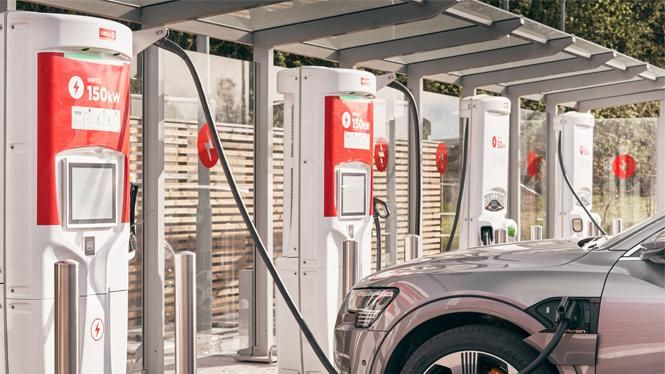By the end of 2022, electric car owners will have more charging options at their disposal when driving around Denmark.
According to new figures from the Transport Ministry, new charging points are being set up at almost 200 petrol stations nationwide in the coming weeks and months.
The number of charging points in Denmark increased by 9 percent in the second quarter of 2020 and there are now 6,550 accessible to the public nationwide.
READ ALSO: Europe’s greenest country no good for electric car owners, claims study
Moving too slow
But despite the increase, there is still a long way to go for consumers, at least according to motorist federation FDM.
“There are far more electric cars than charging points hitting the streets, so there’s immense pressure at charging points and it’s still taking too long to get them up and running,” Ilyas Dogru, an FDM consumer economist, told DR Nyheder.
FDM might have a point. In July, Denmark was rated as being one of the worst European countries for owning an electric vehicle.
Frederiksberg Municipality has the highest share of charging points per capita with 3.5 per 1,000 residents, while Gribskov has the lowest at just 0.1. Copenhagen is third with 2.6.
Check out more figures in the Transport Ministry report here (in Danish).














